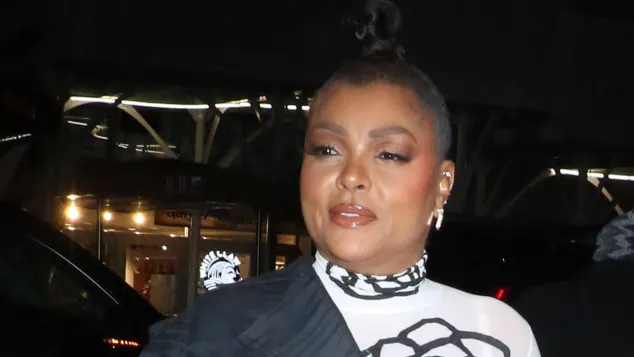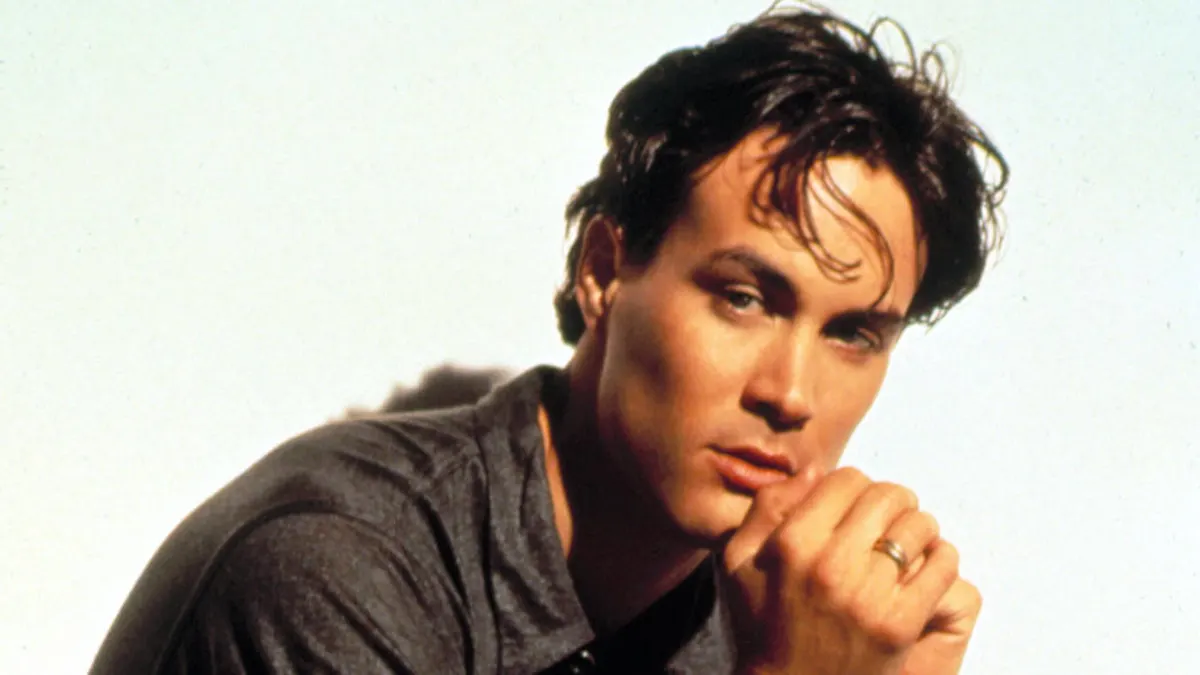- Taraji P. Henson has broken down in tears
- She almost gave up on her last project
- THIS is why Taraji was ready to pack it in
In a world where glitz and glamor often mask the harsh realities of Tinseltown, Taraji P. Henson's recent outpouring of emotion has sent shockwaves through the celebrity sphere. The acclaimed actress, known for her powerhouse performances, couldn't hold back tears as she laid bare the struggles of being underpaid in Hollywood's unforgiving landscape.
Taraji is speaking out for so many others
During a candid conversation with Gayle King on SiriusXM, Henson, while promoting her latest cinematic venture 'The Color Purple,' revealed the toll that constant underpayment has taken on her.
"I'm just tired of working so hard, being gracious at what I do [and] getting paid a fraction of the cost," she confessed. The revelation has fans and fellow actors alike rallying behind her, as she exposes the industry's deep-rooted issues with pay disparity.
Henson's frustration is palpable as she describes the vicious cycle of breaking glass ceilings only to find herself "at the bottom again" during renegotiations. Her words resonate with many in the industry, especially women and actors of color, who have long been voicing their concerns over pay inequality.
This isn't the first time Henson has taken a stand. She's been a vocal advocate for fair compensation, recalling her Oscar-nominated role in 'The Curious Case of Benjamin Button,' where she fought to increase her initial offer from $100,000 to $150,000. That's still a far cry from the $500,000 she deemed fair.
"I’ve been getting paid and I’ve been fighting tooth and nail every project to get that same freaking [fee] quote. And it’s a slap in the face when people go, ‘Oh girl, you work all the time. You always working.’ Well, goddammit, I have to. It’s not because I wish I could do two movies a year and that’s that. I have to work because the math ain’t mathing. And I have bills," she told 'The Hollywood Reporter'.
"Listen, I’ve been doing this for two decades and sometimes I get tired of fighting because I know what I do is bigger than me. I know that the legacy I leave will affect somebody coming up behind me. My prayer is that I don’t want these Black girls to have the same fights that me [...] we out here thugging it out,” Henson says.
"Otherwise, why am I doing this? For my own vanity? There’s no blessing in that. I’ve tried twice to walk away [from the business]. But I can’t, because if I do, how does that help the ones coming up behind me?"
"So, when you hear someone saying, ‘Oh, such and such made $10 million,’ know that didn’t make it to their account. Know that off the top, Uncle Sam is getting 50%. OK? Do the math, now we have $5 million. Your team is getting 30% off what you gross, not after what Uncle Sam took," she said.
"Now, do the math. I’m only human. It seems every time I do something and break another glass ceiling, when it’s time to renegotiate, I’m at the bottom again like I never did what I just did, and I’m tired. I’m tired. It wears on you. What does that mean? What is that telling me? If I can’t fight for them coming up behind me then what the f*** am I doing?"
Also interesting:
Henson warns of the industry's potential to "steal your soul," emphasizing the need for other ventures to maintain one's integrity and financial stability. Her determination to fight not only for herself but for those who follow in her footsteps, like Fantasia Barrino and Danielle Brooks, highlights her role as a mentor and trailblazer.
'The Color Purple' director Blitz Bazawule shared his own battles in casting leading actors, pointing out the absurdity of proven talents having to audition for roles that should be a given.
Robin Thede, creator of 'A Black Lady Sketch Show,' took to social media to affirm Henson's statements, illustrating the stark reality of financial distribution in the industry, where the majority of gross income is consumed by taxes and commissions.
Taraji P. Henson's emotional interview not only sheds light on her personal battles but also casts a spotlight on the broader issue of inequality that plagues Hollywood. As 'The Color Purple' prepares to grace theaters, Henson's courage in speaking out offers a glimmer of hope for change in an industry often resistant to it.



